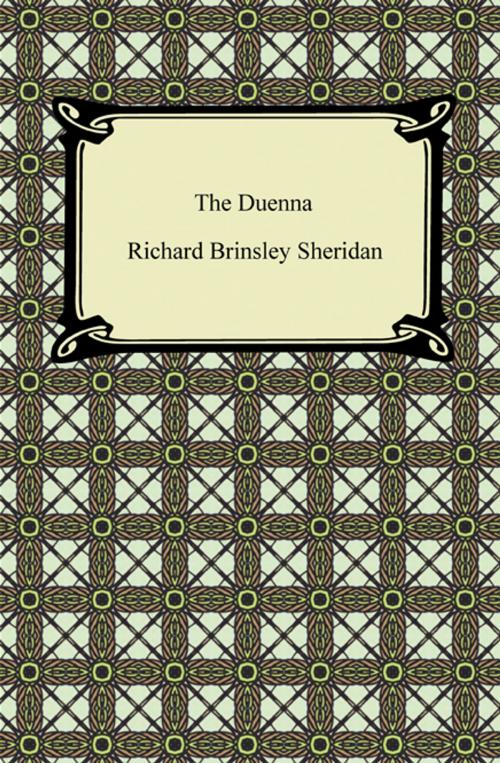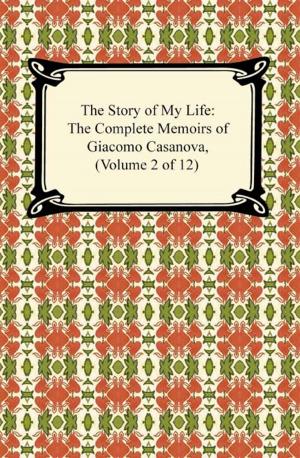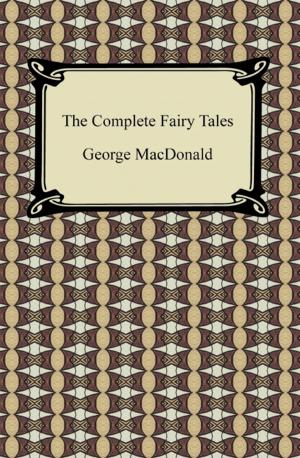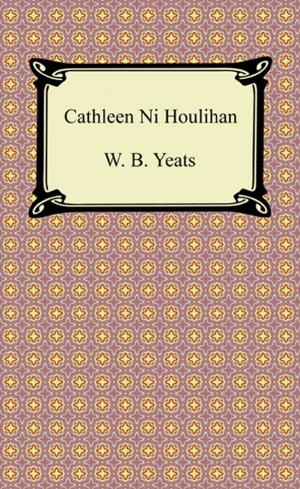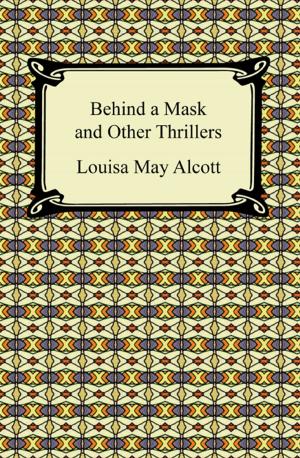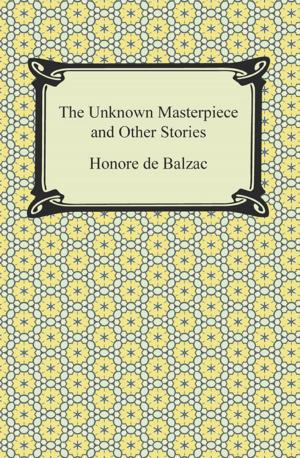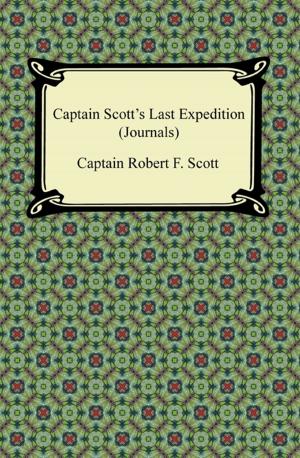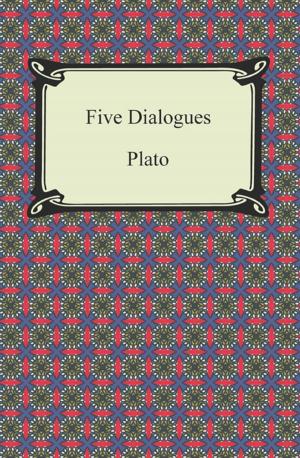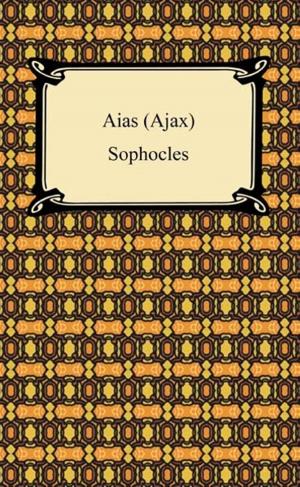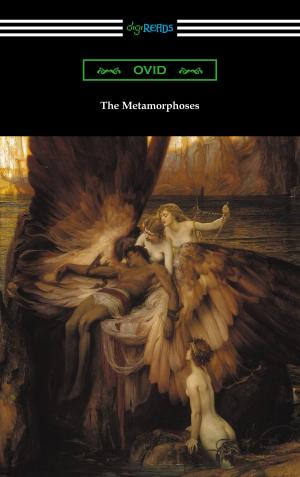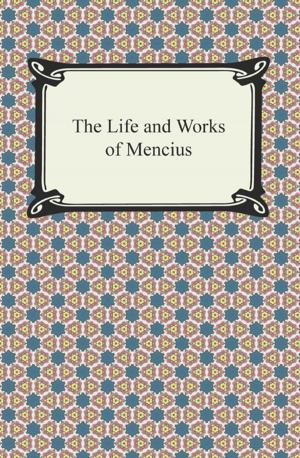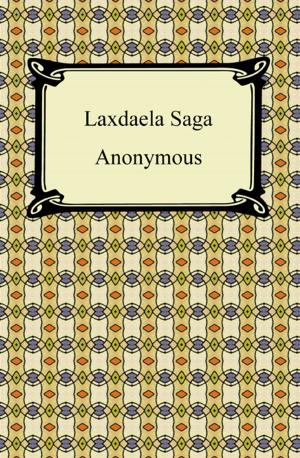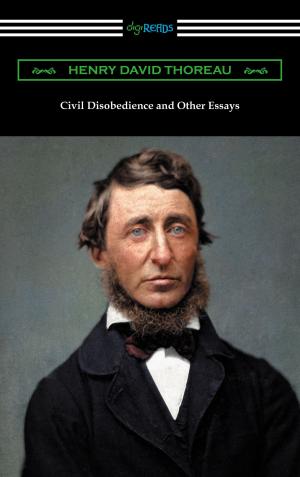| Author: | Richard Brinsley Sheridan | ISBN: | 9781420920147 |
| Publisher: | Neeland Media LLC | Publication: | December 15, 2009 |
| Imprint: | Digireads.com Publishing | Language: | English |
| Author: | Richard Brinsley Sheridan |
| ISBN: | 9781420920147 |
| Publisher: | Neeland Media LLC |
| Publication: | December 15, 2009 |
| Imprint: | Digireads.com Publishing |
| Language: | English |
Richard Brinsley Sheridan (1751-1816) was a man with many roles. He was not only a playwright and poet, he was also a Whig Member of the British House of Commons and owner of the London Theatre Royal on Drury Lane. Though born in Ireland, Sheridan and his family moved outside of London when he was seven. Both of his parents were theatrical influences for him, as his mother was a playwright and novelist, and his father was at one time an actor. In 1722, the character of Sheridan's intended fiancé was challenged by Captain Thomas Mathews. The result was two duels, the first left both parties unscathed, while the second resulted in bloodshed, though Sheridan was the resounding winner. "The Duenna" was first performed in 1775 and was even deemed "the best opera ever written" by Lord Byron. It was a group effort between Sheridan, his father-in-law Thomas Linley the elder, an expert composer, and brother-in-law Thomas Linley the younger.
Richard Brinsley Sheridan (1751-1816) was a man with many roles. He was not only a playwright and poet, he was also a Whig Member of the British House of Commons and owner of the London Theatre Royal on Drury Lane. Though born in Ireland, Sheridan and his family moved outside of London when he was seven. Both of his parents were theatrical influences for him, as his mother was a playwright and novelist, and his father was at one time an actor. In 1722, the character of Sheridan's intended fiancé was challenged by Captain Thomas Mathews. The result was two duels, the first left both parties unscathed, while the second resulted in bloodshed, though Sheridan was the resounding winner. "The Duenna" was first performed in 1775 and was even deemed "the best opera ever written" by Lord Byron. It was a group effort between Sheridan, his father-in-law Thomas Linley the elder, an expert composer, and brother-in-law Thomas Linley the younger.
